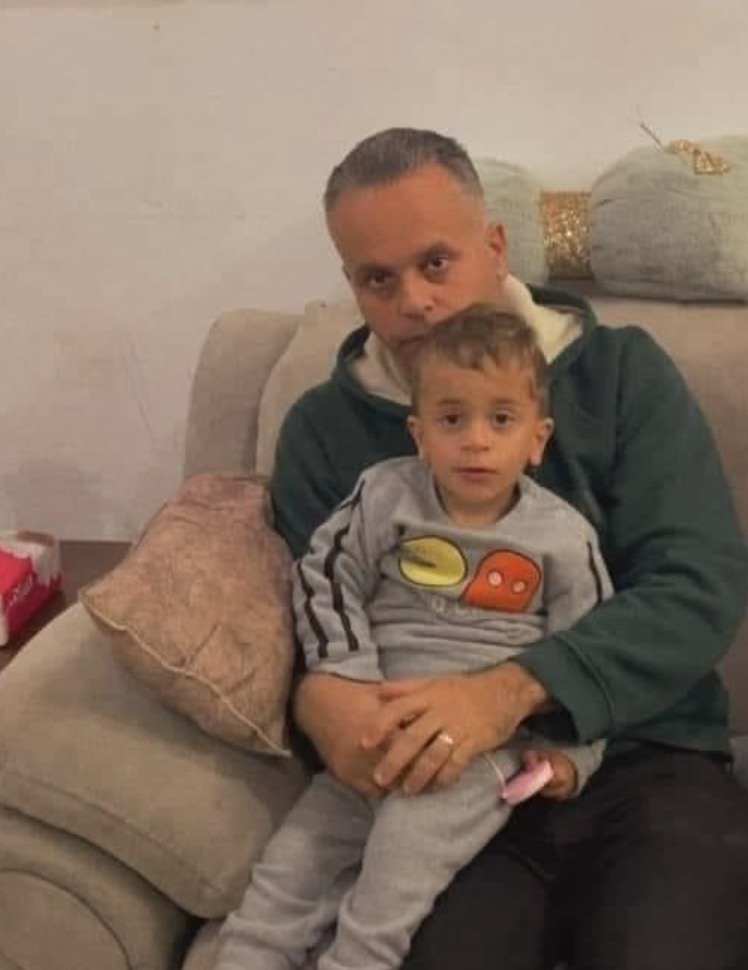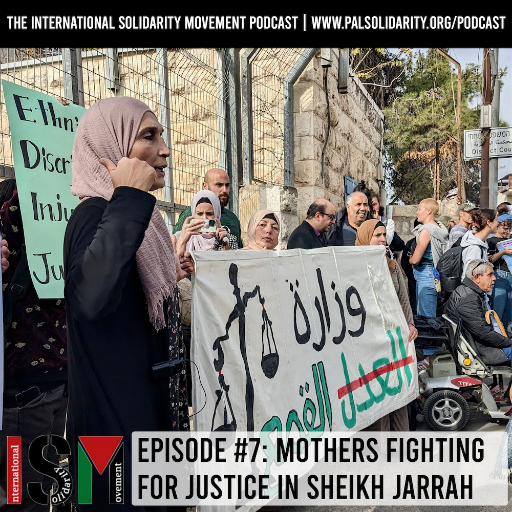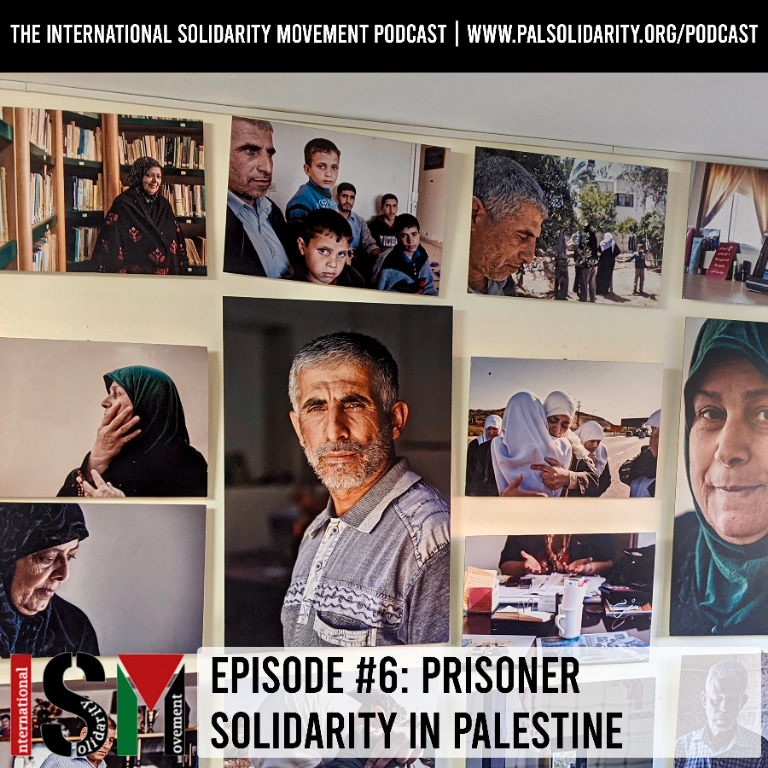-
Child dies of his wounds as occupation forces escalate attacks on occupied Nabi Salah
6/5/23 – Update: 2,5 year old Mohammed Tamimi has died of his wounds inflicted by Israeli soldiers who shot him in the head. 6/4/23 Nabi Salah, Occupied Palestine: The Israeli occupation forces have escalated their assaults on the Palestinian village of Nabi Salah targeting civilians including a toddler with live ammunition. On Thursday, June […]
-
The International Solidarity Movement podcast episode seven: Mothers fighting for Justice in Sheikh Jarrah
In this episode, we share an interview with Um Ramadan. We met her at a demonstration outside the district court in Jerusalem in December 2022. Alongside other mothers, she is protesting her son’s imprisonment. In this moving interview, she talks about the conditions her son is kept in and how mother’s are organising to support […]
-
The International Solidarity Movement podcast episode six: Prisoner Solidarity in Palestine
This episode has been released for Palestinian Prisoner’s Day. All around the world people are highlighting the conditions of people incarcerated by the Israeli occupation. To mark this day we bring you an interview with Milena Ansari, an incredible organiser from Addameer. Adameer in arabic means conscience. Adameer is a prisoner support and human rights […]
Action Alert An Nabi Saleh Apartheid Wall Arrests BDS Bethlehem Bil'in Cast Lead Demonstration Denial of Entry Ethnic Cleansing Farmers Gaza Global Actions Hebron House Demolition International law Israeli Army Jerusalem Live Ammunition Nablus Ni'lin Prisoner Ramallah Rubber-coated steel bullets Settlement Settlers Settler violence Tear-Gas Canister Video



